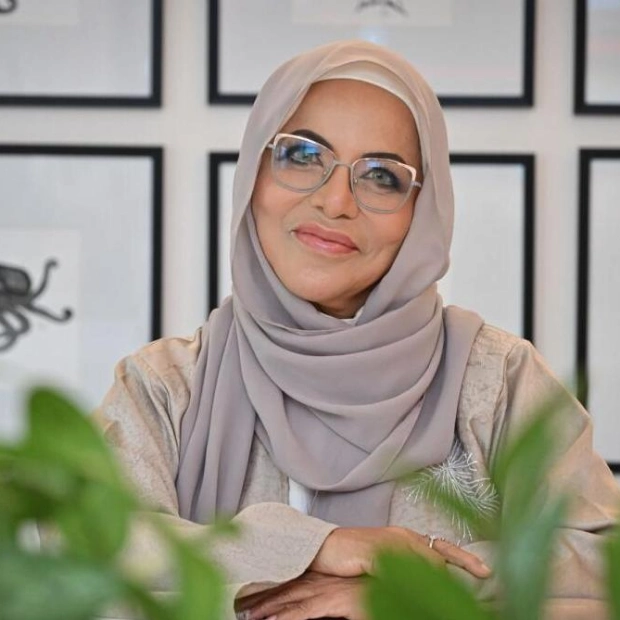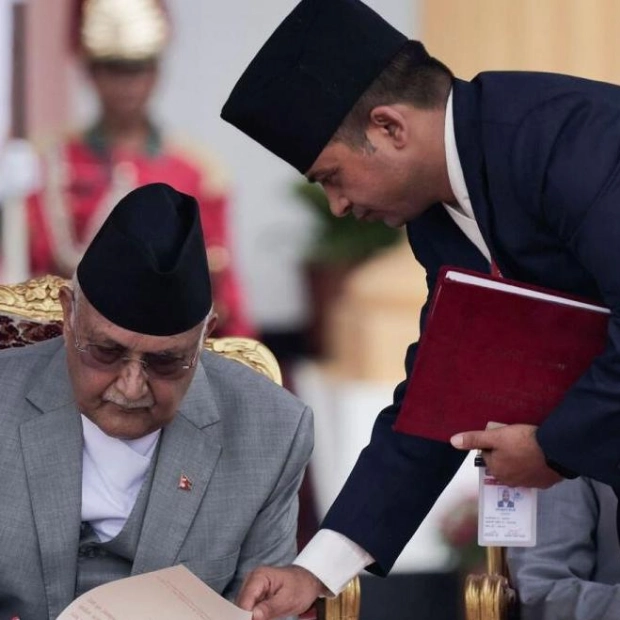At the European Society for Medical Oncology (ESMO) conference, which concluded on Tuesday, a series of groundbreaking advancements in the battle against cancer were unveiled. The five-day event in Barcelona, Spain, brought together 30,000 specialized doctors and researchers from around the globe. Among the significant announcements, two international studies revealed that women who breastfeed after undergoing treatment for breast cancer do not face an increased risk of cancer recurrence or new tumors. This finding held true even for women with the BRCA genetic mutation, which significantly elevates the risk of breast cancer. Previous concerns about the impact of pregnancy and breastfeeding on hormone levels post-breast cancer diagnosis have been alleviated by these results, according to Fedro Alessandro Peccatori, a researcher and doctor at the European Institute of Oncology in Milan.
Immunotherapy, which harnesses the body's immune system to combat tumors, has already proven effective against lung cancer. A phase two trial presented on Saturday showed promising results against metastatic non-small cell lung cancer, a common form of lung cancer that spreads to other body parts. The trial evaluated a novel combination of two immunotherapies alongside chemotherapy, suggesting an improvement in response rates, as noted by Nicolas Girard, an oncologist at France's Curie Institute. Another combination of immunotherapy and chemotherapy yielded remarkable outcomes against a rare pregnancy-related cancer that develops in the placenta, occurring in about one in 10,000 pregnancies. This treatment combination led to a 96% eradication rate of the cancer in patients, according to Benoit You, a France-based oncologist.
On Monday, researchers highlighted the potential of a massive artificial intelligence (AI) algorithm trained on over a billion images of tumors from 30,000 patients in the United States. The model can detect molecular anomalies and mutations that are often invisible to the human eye, according to Fabrice Andre, research head at France's Gustave Roussy cancer center. In the future, this AI could assist in providing personalized treatments for each patient. One of the key takeaways from the ESMO conference was the improvement in overall survival rates when combining immunotherapy with radiation therapy before surgery, particularly for breast, bladder, and cervical cancers. These treatments also appear to preserve affected organs, enhancing the quality of life for patients, as emphasized by Andre.
Research presented on Monday also demonstrated promising results for preserving rectums in patients with rectal cancer, provided the treatments cause the tumor to completely disappear. This marks a shift from the standard surgical approach, as noted by David Sebag-Montefiore, an oncologist and researcher at the UK's University of Leeds. There is optimism that this treatment combination could be effective for other cancers, such as those affecting the ear, nose, throat, and lungs.






